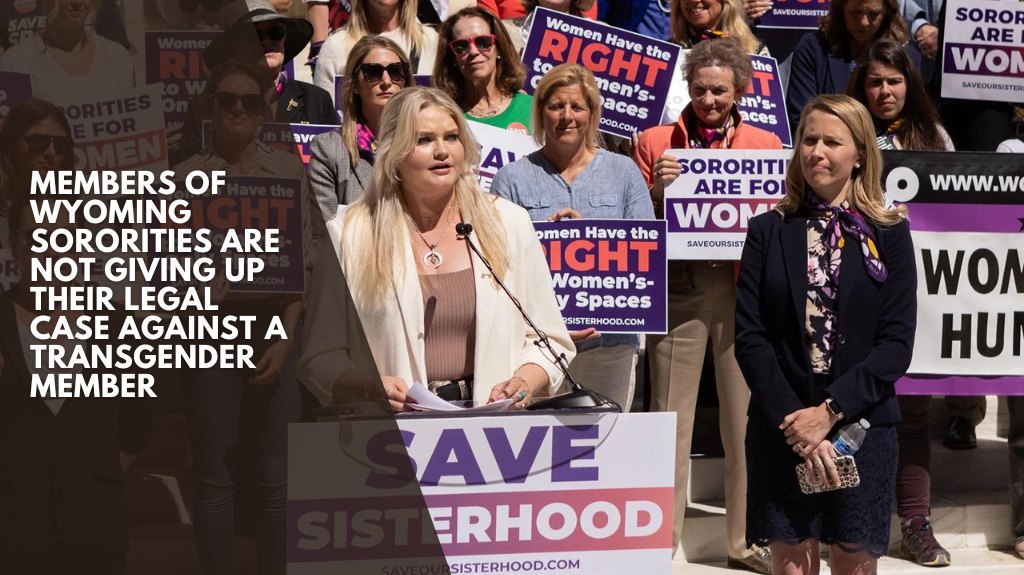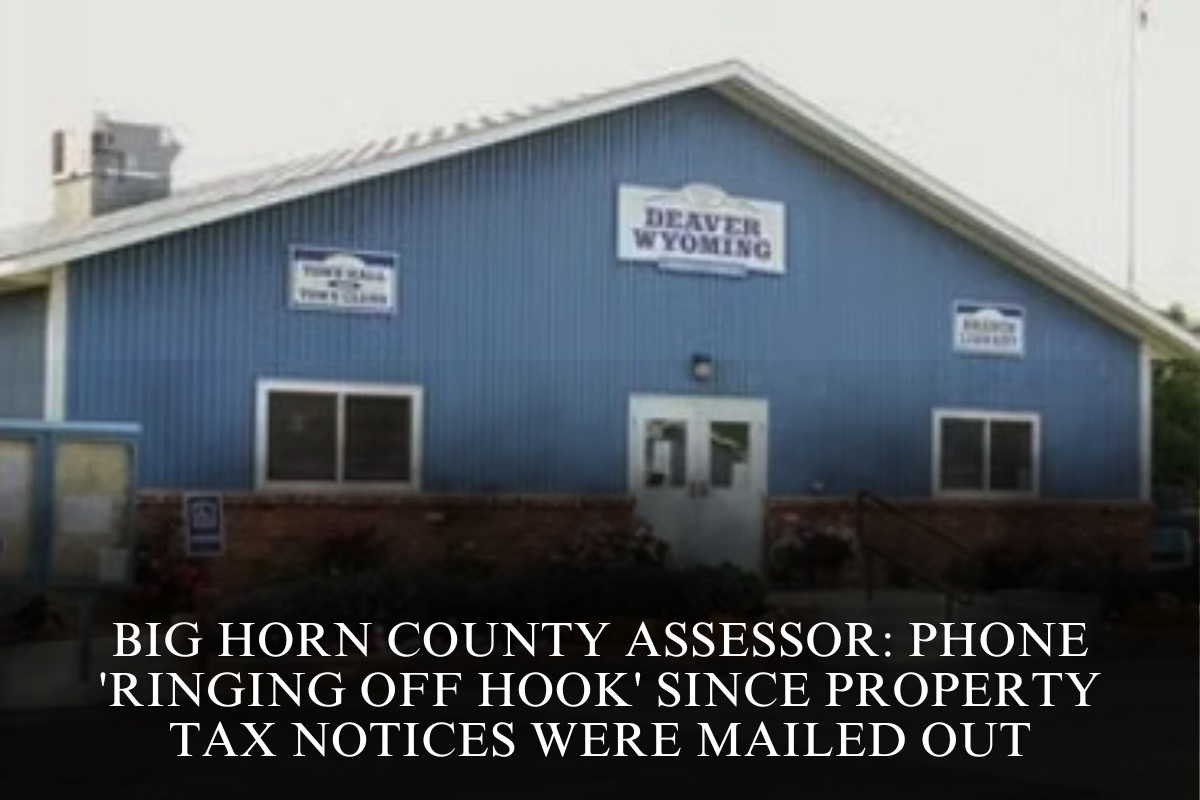Three Kappa Kappa Gamma sorority members announced Wednesday that they are appealing a recent court decision regarding the 2022 induction of a transgender member into the sorority’s University of Wyoming chapter.
Hannah Holtmeier, Alison Coghan, and Haley Rusch filed a notice of appeal in the United States District Court for the District of Wyoming, challenging Judge Alan B. Johnson’s dismissal of their case on August 22.
In their lawsuit, the women accused the Kappa Kappa Gamma sorority of treating its members unfairly by allegedly changing the induction rules to admit a transgender member, despite the fact that the group’s founding documents stated that it was a women’s organization.
Johnson dismissed the case on the grounds that U.S. case law gives private groups significant latitude in determining their own membership terms.
The 2000 U.S. Supreme Court case Boy Scouts of America v. Dale, in which the Boy Scouts attempted to exclude a gay scoutmaster from the organization, was a watershed moment in this regard.
The high court upheld the group’s action, stating that private voluntary organizations have a First Amendment right to establish their own terms of association.
Second rodeo
Wyoming is very familiar with the Kappa saga.
Artemis Langford, a transgender University of Wyoming student, was inducted into the local Kappa Kappa Gamma chapter in the fall of 2022, sparking some controversy.
Seven (later six) sorority members sued the sorority the following spring, claiming that the sorority shifted the admission criteria to accommodate Langford for social appearance reasons, to the detriment of the other members and the organization’s future.
Johnson dismissed the case in August, citing private groups’ associational rights.
The women filed an appeal with the 10th Circuit Court of Appeals, which questioned whether Johnson’s dismissal was final and stated that it could not hear the appeal unless it challenged a final action.
In June, two of the original plaintiffs (plus one new plaintiff) re-filed their complaint.
In August, Johnson dismissed the lawsuit once more.
Along with announcing their appeal, the three plaintiffs introduced a new attorney to handle it: Rick Koehmstedt of Casper-based Koehmstedt Law Firm.
Koehmstedt did not immediately respond to a voicemail message seeking comment.
‘– Again –’
Johnson in August said that what the plaintiffs think or what President Trump thinks about the definition of the word “woman” doesn’t factor into the contract law governing private groups, necessarily.
“Having considered the issues presented – again – we find that the majority of the claims must be dismissed on the grounds that this court still may not interfere with Kappa’s contractually valid interpretation of its own bylaws,” the lawyer for the judge wrote.
The women failed to demonstrate how inducting a transgender member violated the organization’s bylaws, Johnson wrote. He added that, while the group’s early and founding documents mention women, nothing in the bylaws requires Kappa to define the term “women” as meaning “only those individuals born with a certain set of reproductive organs.”
The women cited President Donald Trump’s executive order from this year, which stated that adult human females are “belonging, at conception, to the sex that produces the large reproductive cell.”
Johnson expressed confusion about this.
“We are not entirely sure what this definition means, not having a degree in biology,” the court’s clerk wrote.
Nonetheless, Johnson ruled that this is just the executive branch’s interpretation of the law, and “not relevant in the world of private contracts, which is where we currently find ourselves.”












